Guest commentary: The blame game

On Jan. 6, 2015, as students woke up to a coating of snow and untreated roads, they were failed by a school system that relied on faulty meteorology and non-existent snow-plows and sent its students to school.
As I pulled out of my street in Tysons at 6:00 am, my car quickly began sliding, and I knew that FCPS had made the biggest blunder in recent memory (although we typically make at least one per year). Unfortunately, there was nothing to be done. School delays and cancellations must be announced by 5:00 am to ensure bus drivers get the message before starting their routes at 5:45 am. By 6:00 am, buses were already on the roads, and parents, students and teachers were already beginning their valiant efforts to trek to school.
As my twitter notifications began to explode, I was on my way to my office in Dupont Circle, where the power had gone out. After making it there after almost two hours, I had to turn right around and head home. I was as angry as everyone else, and on top of it #closeFCPS had trended worldwide, revealing the creative power of FCPS students.
After miraculously arriving home in one piece, I knew it was time to issue an apology about the school system’s terrible decision. What I’ve come to find is that people can accept an apology if it is sincere. But instead of apologizing effectively, everyone involved in the #closeFCPS fiasco pointed their fingers at others.
Many—but not all—meteorologists blamed school systems for not listening to them, school systems blamed meteorologists for faulty predictions and VDOT for not adequately treating the roads, and, of course, everyone else blamed me, the ill-fated public face of #closeFCPS.
What this incident reinforced for me is that, as a society, we need to learn not to be so quick to blame others before looking in the mirror. Imperfection is part of life, and we need to learn to embrace it while striving to do better next time.


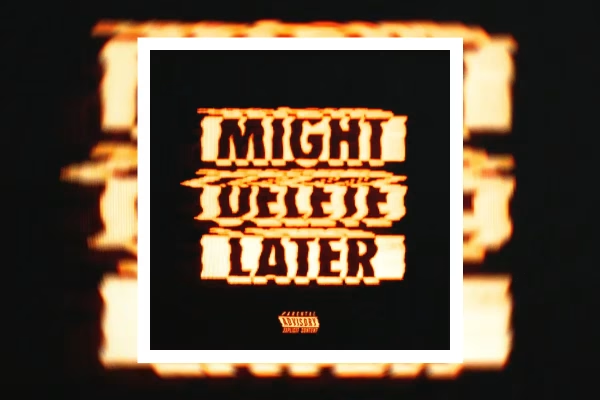
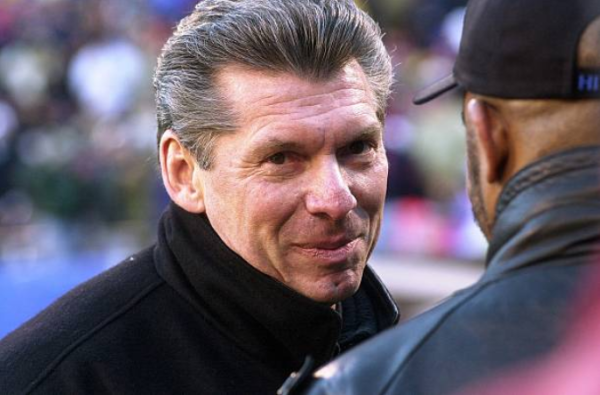

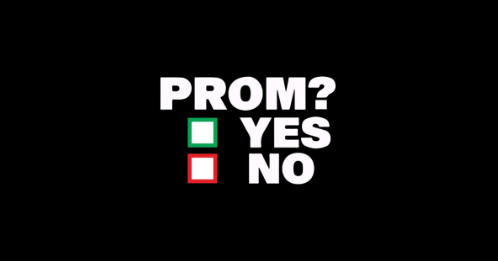






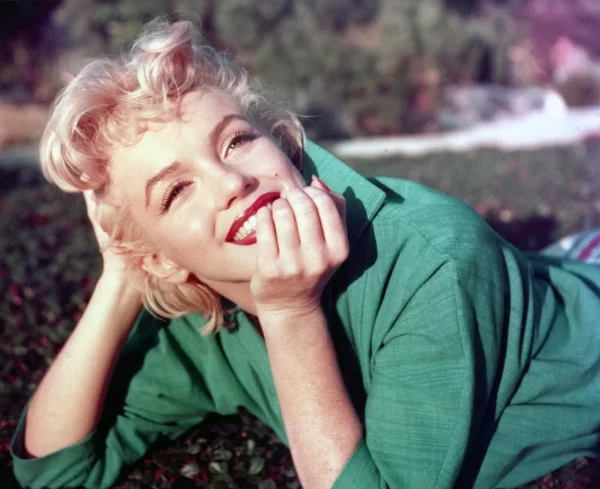
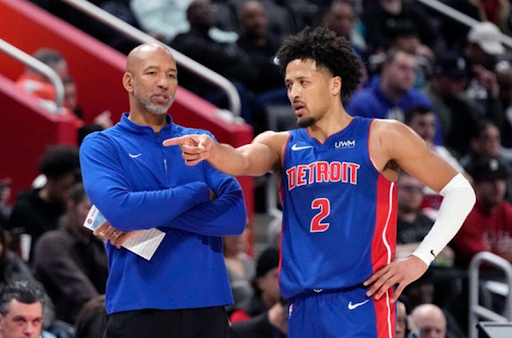

![JPEGMAFIA & Danny Brown — Scaring The H*es (Video-Game/Album Cover) [CENSORED]](https://www.southlakessentinel.com/wp-content/uploads/2023/12/SCARING-THE-H0ES-VIDEO-GAME-COVER-600x401.jpg)